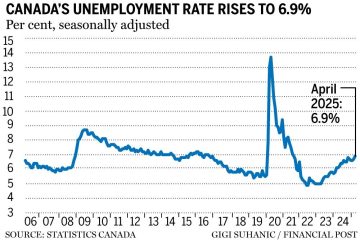Understanding Recent Bus Cancellations in Canada

Introduction
Bus cancellations have become a pressing issue across Canada, affecting thousands of commuters daily. The ongoing challenges in the transportation sector—exacerbated by factors such as the pandemic, workforce shortages, and adverse weather conditions—have led to a significant increase in bus service disruptions. Understanding these cancellations is crucial for commuters who rely on public transport for work, education, and other essential activities.
Current Situation
In recent weeks, many cities across Canada have reported higher than usual rates of bus cancellations. For instance, Toronto Transit Commission (TTC) has acknowledged the impact of staffing shortages due to COVID-19 and associated health protocols as a significant contributor to service interruptions. According to an official report from TTC, as of late September 2023, around 15% of scheduled bus services were either canceled or postponed, leading to extended waiting times and frustrated passengers.
Similarly, Winnipeg Transit has faced challenges related to weather disturbances and vehicle maintenance issues. The organization has issued alerts to riders regarding planned and unplanned service interruptions. As temperatures drop, concerns about the adequacy of their fleet for winter service have also been raised, compelling transit authorities to reassess operational protocols.
Impact on Commuters
The increased rate of bus cancellations has profound implications for daily commuters. According to a survey conducted by TransLink, 65% of respondents reported that frequent cancellations resulted in missed work or appointments, while nearly 40% expressed concerns about their overall safety during alternative travel arrangements.
Furthermore, many students relying on public transit for their education have been significantly affected. Academic institutions have reported an uptick in tardiness and absenteeism attributed to unreliable bus schedules. Local governments are urged to explore innovative solutions, including partnerships with ride-sharing services, to mitigate the impact on the educational sector.
Looking Ahead
As we approach the colder months, transit companies are under pressure to improve reliability. Authorities are advocating for increased funding for fleet maintenance and operator recruitment initiatives to enhance service levels. A strategic focus on improving communication with passengers regarding real-time schedules and disruptions is also being emphasized.
In conclusion, the trend of bus cancellations in Canada reveals the vulnerabilities of public transportation systems in dealing with multifaceted challenges. It is crucial for transit authorities, governments, and communities to work collaboratively to address these issues effectively. By prioritizing investment in resources and technology, the goal of a reliable and efficient public transport system can become a reality for commuters across the country.









